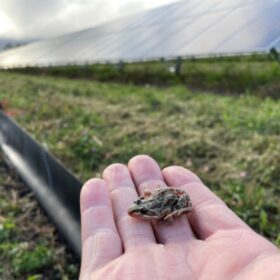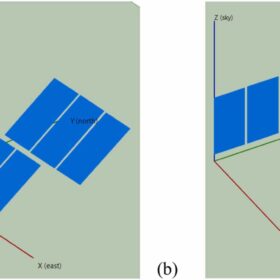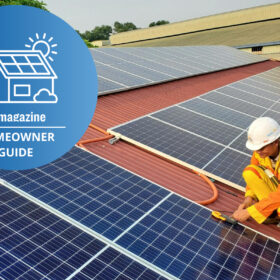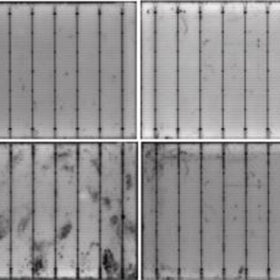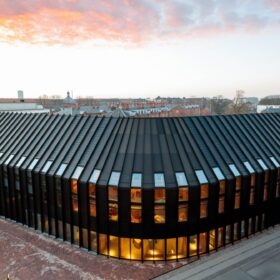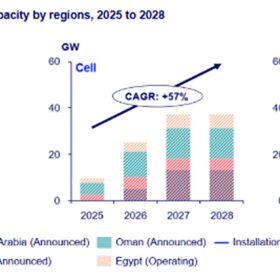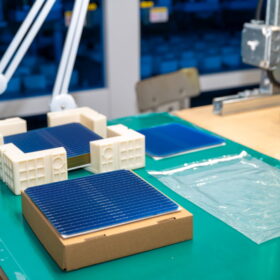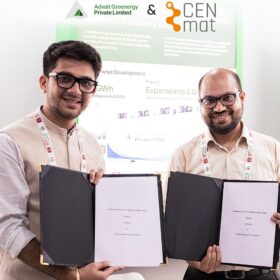New biodiversity toolkit helps solar farm developers fast-track projects
Australia’s Thesium has launched a new product designed to help solar farm developers de-risk and accelerate their projects, which includes a credit feasibility analysis and board-ready stakeholder documentation.
Honduras to launch 1.5 GW tender, including 975 MW of renewable energy with storage
The National Electric Energy Company has submitted rules for the international public bidding process for the purchase of 1.5 GW of capacity and energy. The tender will consist of 65% renewable energy with storage and 35% non-renewable energy. The bidding process has also been presented to a forum of Chinese investors.
New method to optimize bifacial PV system performance in residential applications
Scientists in Qatar have outlined a new approach to optimize residential bifacial PV systems by combining south-facing and vertically mounted east-facing configurations. The novel methodology reportedly results in a 21.6% increase in a system’s net present value.
Hidden devices found in Chinese-made inverters in the US, reports Reuters
US officials are reassessing the risks posed by Chinese-made devices in renewable energy infrastructure according to news agency. Reuters cites two unnamed sources, who would only provide a few details.
pv magazine Homeowner Guide: Top tips and red flags to home solar
pv magazine is compiling a guide to home solar installations, aimed at those who are interested in installing but are new to the market and want to make an informed decision. We have spoken to associations, installers and industry specialists in major solar markets across the globe to compile best practice guidance and advice that aims to be applicable to home solar installations anywhere in the world. The first part of the series aims to help homeowners looking to embrace PV identify the best installers on the market.
Researchers warn of ‘hidden contaminants’ that could increase TOPCon, HJT solar module humidity-induced degradation
Australian researchers have identified five contaminants that could increase damp heat-induced degradation in TOPCon and heterojunction cells and modules. Their analysis has shown these contaminants could originate from improper handling during cell or module processing.
Danish startup launches solar tile for pitched roofs
Solartag has developed a 71 W solar tile with a weight 14.2 kg/m² and a power conversion efficiency of 16%. The new product relies on black PERC cells and is standardized for mass production, according to the manufacturer.
US-China tariff negotiations and impacts
Although the suspension of the 24% tariff under Section 301 sends a signal of easing, the retention of the full 10% under Section 201 and the average 83% anti-dumping/countervailing duties means that Chinese solar PV exports to the US still face a combined tax rate of nearly 200%.
Middle East, North Africa solar manufacturing capacity to reach 44 GW by 2029, says WoodMac
Wood Mackenzie forecasts the Middle East and North Africa region will emerge as a tariff haven and overtake Southeast Asia as a top solar export hub, becoming the primary exporter of solar panels to the US towards the end of this decade.
Beyond the hype: Why PERC still powers a stronger solar future
New doesn’t always mean better: Passivated emitter and rear contact solar cells have earned their place through real-world reliability and cost-effective manufacturability.
